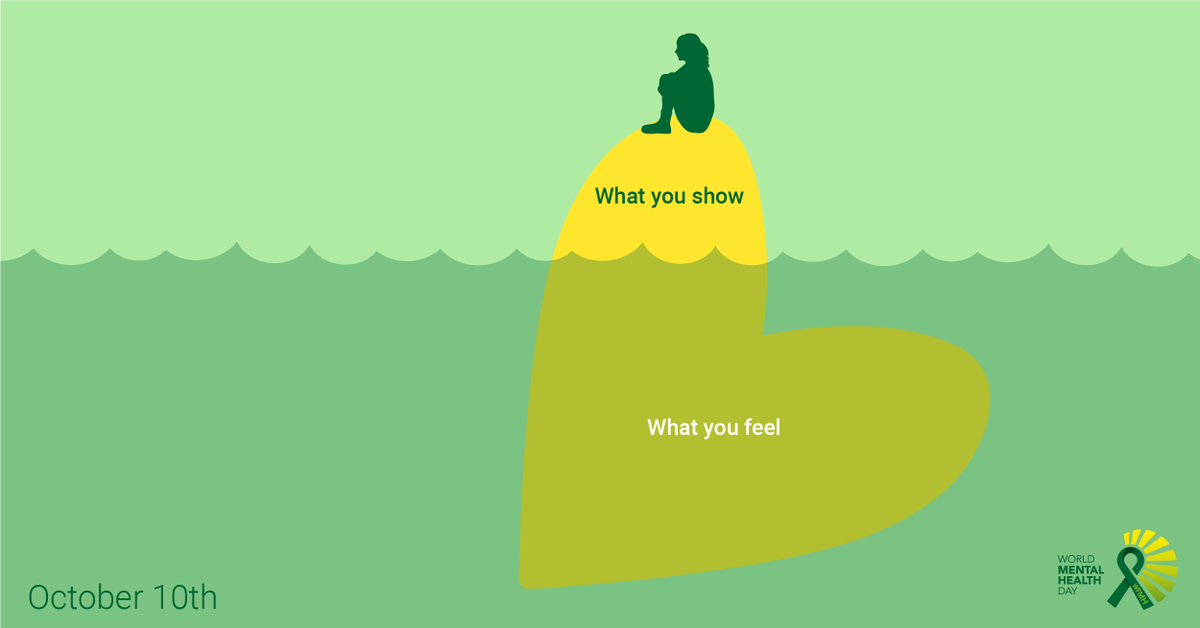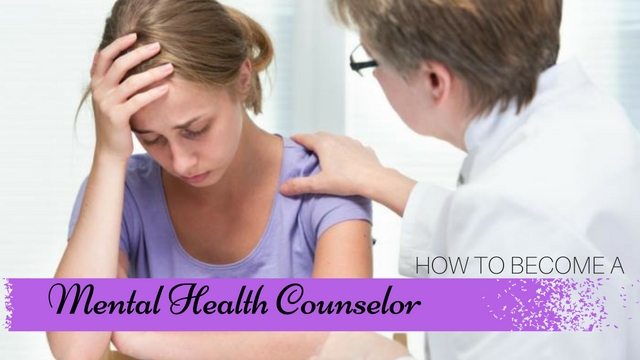Nevertheless, individuals who exercised for over 3 hours really had even worse psychological health than those who did not exercise at all." Formerly, individuals have actually believed that the more workout you do, the much better your psychological health, however our study recommends that this is not the case," says Dr. Chekroud. Nevertheless, "Doing exercise more than 23 times a month, or working out for longer than 90 minute sessions is related to even worse mental health," he adds.
Two new research studies demonstrate how workout can assist kids battle anxiety in addition to behavioral conditions. how nutrition affects mental health pubmed. A physically active kid is a healthy child. Physical activity enhances a kid's https://transformationstreatment1.blogspot.com/2020/07/south-florida-alcohol-rehab.html muscles and bones, avoids excessive weight gain, and decreases the risk of diabetes, cancer, and other conditions. However, physical activity is also beneficial to the psychological health of a kid.
Both evaluated the positive effects of exercise on children's mental well-being.One research study concluded that moderate to energetic physical activity at ages 6 and 8 is connected to fewer symptoms of depression two years later. The other study concluded that cybercycling improves class functioning for children with behavioral conditions. Cybercycling includes riding a stationary bicycle while looking at virtual reality surroundings.
would not have these impacts. But getting children to engage in it if they don't enjoy it is extremely difficult," April Bowling, assistant teacher at Merrimack College, explained to Healthline. Much of these kids have sensory conditions, social stress and anxiety, and hold-ups in developing motor skills, so it's hard to make traditional sports and workout programs appealing to them." The cybercycling interested them because they could engage in it successfully at their current ability level, and they found the video games and virtual truth courses entertaining.
Research study shows workout enhances mood and habits in kids and reduces persistent disease risks, however there is little research study on academic settings serving children with complicated BHD, the research study described. By utilizing a randomized regulated crossover style, scientists examined whether an aerobic cybercycling athletics curriculum might effectively engage and improve behavioral policy and class performance amongst kids and teenagers with complicated BHD.Students diagnosed with autism, attention deficit hyperactivity condition (ADHD), stress and anxiety, or mood disorders were randomly assigned to utilize the bikes two times a week during 30- to 40-minute physical education classes.
Saunders was especially thinking about the cybercycling research study as the visual stimulation serves as a great inspiration to workout. "I think the cybercycling study was terrific. The kids in the research study were visually promoted in a special manner in which inspired them to exercise," Saunders told Healthline. "It was something that was satisfying to them, which was a great reward at school.
The Best Guide To How Physical Fitness Affects Mental Health
" Second of all, aerobic workout can alter brain chemistry, and particularly the levels of certain neurotransmitters that may help enhance a person's self-regulation. When state of mind and self-regulation the capability to control habits is enhanced, then kids can operate much better in the classroom." Bowling believes there is a great deal of promise for cybercycling to be used in more settings.

Bowling stressed the study contributes to mounting proof that kids with behavioral health obstacles benefit from exercise not simply physically, however mentally." I believe it's absolutely vital that we stop cutting out movement from the school day requiring time away from recess and athletics for more academic functions if we want our children to carry out to their prospective," stated Bowling.
In addition, increasing exercise may function as a complementary technique in dealing with childhood anxiety." Exercise has a variety of health benefits, and this study suggests that increasing kids's moderate and vigorous physical activity may prevent later on depressive symptoms," said Zahl in a statement. "Therefore, increased exercise may work as an accessory part to pharmacological or mental treatments.
Dr. Christina Hibbert, medical psychologist, and author of "8 Keys to Mental Health Through Exercise," thinks in exercise as a means of treatment. Workout has helped her overcome anxiety and stress and anxiety. "Personally, I've utilized cardiovascular exercise to help me get rid of battles with anxiety, and strength training/flexibility exercises have assisted me overcome anxiety," Hibbert informed Healthline.

" Exercise is among the very best Addiction Treatment Delray things we can do to ease the impacts of the majority of psychological health conditions, consisting of bipolar illness and schizophrenia," Hibbert stated. "Though adherence to a workout program may be more challenging for those suffering from psychological health conditions, if they can discover the mental skills to stay determined and persevere, routine exercise can be one of the most powerful additions to treatment," she included.
" When we move our body, we move our mind. That might mean moving excess mental energy that would otherwise result in behavioral concerns and interruption, or it might indicate moving us out of a state of feeling depressed. Exercise not only offers the healthy calm energy we need for optimal habits, it also permits us to exercise demanding, anxious energy that might disrupt life," she stated.
The Facts About What Affects Can Mental Health And Health And Alcohol Rehab Center Wellbeing Have On Career Uncovered
Both Hibbert and Saunders concur that the younger we start exercising the much better off we'll be later in life, and it's never too late to begin. They likewise advise parents to take part in their children's physical activity." Adults that work with children play a crucial role in the growth and advancement of kids.
" Play, ride bikes, get on the trampoline together with your kid whatever you can do to get your children and you moving, and make it enjoyable, is going to be perfect. This reveals kids that moving is enjoyable, it makes them feel great, and it also strengthens our family bonds.".
There was a clear association between more regular physical activity and lower levels of depression and anxiety, but the most considerable difference was between the least active group (active for 60 minutes or more on zero to three of the previous 14 days) and the rather active group (four to 7 of the past 2 week).
The research study likewise discovered that being on a sports team was related to an additional enhancement in mental health, beyond what was associated with the exercise and it was especially strong for girls. There stood out distinctions among the 10 countries. In Slovenia, 66.9 percent of the boys and 49.7 percent of the women remained in the most active group; in Italy it was only 27.8 percent of the boys and 9.6 percent of the women." What's going so right in some countries in terms of keeping women active through teenage years?" Dr.
" Is it about using a bigger range of activities, or school schedule, or a culture of outside activity?" The range of activities available matters, she said, and so does building sports into the curriculum and ensuring there is downtime in an adolescent's week, and encouraging them to walk or bike to school.
" When you look at populations with mental health concerns, they generally have low physical activity or exercise," Dr. Zhu said. In grownups, those populations likewise generally have high levels of obesity and cardiovascular health problems, he stated. But current potential research studies, including this new one taking a look at teenagers, build on what we already know to recommend that there is a strong relationship in the other instructions: Regular exercise reduces your risk of developing anxiety.